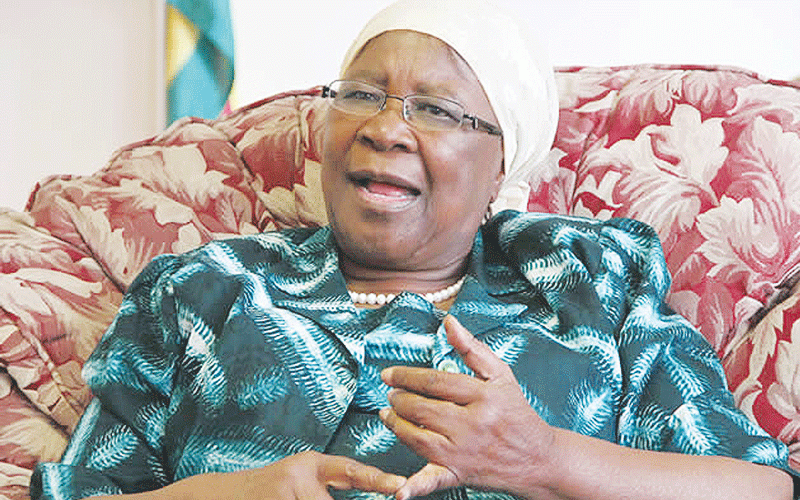
EIGHTY-THREE-YEAR-OLD Mafious Banda looks dejected as he puffs off smoke from a cigarette, perhaps the last for the day before scavenging for more from his erstwhile neighbour.
It is May 1, and as a pensioner, he reflects on how Worker’s Day commemorations have lost glitter due to a high unemployment rate and a deteriorating economy.
“The day had a lot of entertainment from morning until late. We could look forward to solidarity messages that were full of hope, commitment and bravery against all odds. We used to get free booze from local breweries and everyone enjoyed it,” recalled Banda, who is living in Karoi’s Chikangwe high-density suburb.
“Ironically, the day has lost its value and glimmer. The ordinary worker is not recognised by the government and private sector.”
For Banda, pensioners are now destitutes and beggars.
“They have nothing to show for their long commitment to work after retiring. A worker has lost respect in this country,” he said dejectedly.
Banda is a former health worker, who retired a few years ago.
“Besides getting a few dollars monthly that is not enough for my upkeep with my wife and three grandchildren, I can easily say we have been pushed to the wall due to the current economic crisis,” he said.
- Whither Workers’ Day commemorations
Keep Reading
“Our pension has been eroded due to inflation and cannot make any difference for me.”
Another pensioner, Thomas Makira (77), a former clerk at a motor spares company in Harare, echoed similar sentiments.
“I am battling to make ends meet. My pension is not enough for my medication, that includes blood pressure and other ailments related to my age,” he said.
The two scenarios are sad realities affecting mostly former workers whose plight is part of the Zimbabwean labour story.
The Workers’ Day commemorations have lost value and are no longer relevant. Few workers attended celebrations around the country as the day was hijacked by “political” opportunists.
Economist Masimba Kuchera said the day is important for workers to reflect on their success stories and move forward.
“The workers meet to reflect and celebrate the input of ordinary workers but it is also important that Zimbabwean workers must not be celebrating on the day without better legal frameworks, instruments that ensure that everyone is paid what is due to him,” he said.
“Payment must be done with dignity so that the corrupt do not benefit from other people’s labour. We must take time to reflect and accept that workers have been shortchanged,” Kuchera added in a written responses.
He noted that workers deserve far much more in terms of their upkeep and well-being of their families.
Kuchera expressed concern over pensioners welfare, saying they were the worst hit by the economic crisis for several years now.
“Pensioners’ welfare has been overlooked, ignored and cast down by the political class and economic situation. Their savings have been eroded by unstable local currency and greedy insurance companies. Pensioners are no longer part of the daily agenda,” Kuchera said.
“We need legal safety nets for them through a legal framework that protests their well-being after retirement. It is important to note that pensioners require good healthcare facilities. Some of them are disabled due old age.”
He accused the government of neglecting pensioners.
“The government has neglected pensioners and their plight has never been considered as an emergency by the State. The neglect has been too long as it has failed to put in place safety nets, especially the 2009 financial erosion that has not been paid up by the government,” Kuchera said.
Ishmail Duwa, the president of Supreme Council of lsamic Affairs in Zimbabwe, said they placed great emphasis on the rights of employees.
“Whoever employs an employee, he must specify for him his wage in advance. Thus, the remuneration must be appropriate, fair and proportionate to the effort of the employee and his needs. The employee must be remunerated on time,” he said.
For the majority of workers, the day passed on leaving them looking like lost sheep as the economic and social headwinds continued unabated.
Gone are the days when workers used to fill the council owned stadiums and being treated to live performances from an array of musicians.
“Today, May 1, seems to be like any other day, as the streets are always filled with citizens running around to eke a living from selling an assortment of wares,” a pensioner said.










